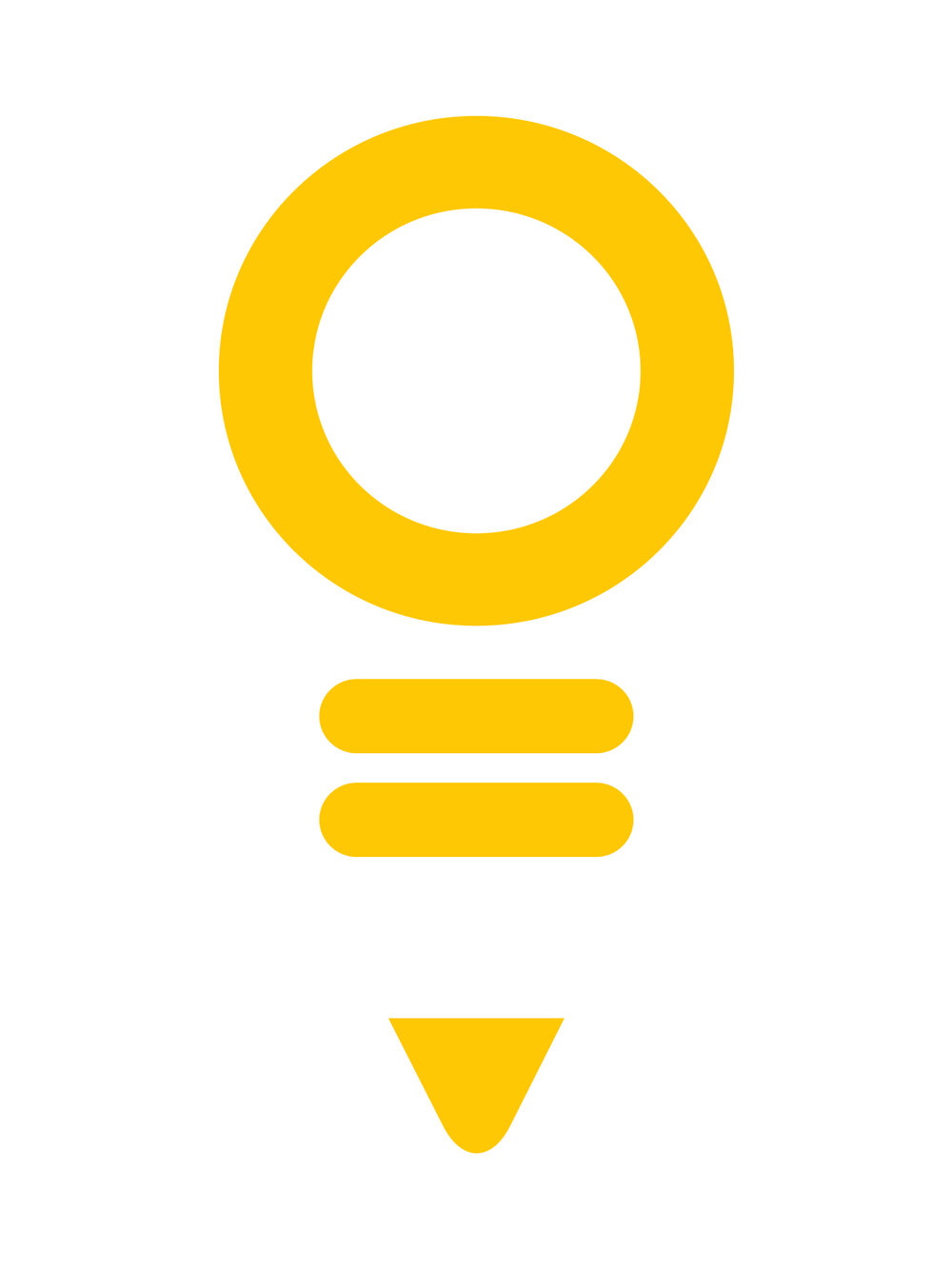This is a popular article made in collaboration with Tecnológico de Monterrey’s Writing Lab.
“The greater our lexical richness is, the better we can comprehend the information we read and express our ideas appropriately.”
Chido, equis, padre, cañón (cool, whatever, sick, killer) and other words I’d rather not repeat are all colloquialisms commonly used by young Mexicans. Teachers understand our students’ need to communicate through codes in order to consolidate interpersonal relationships, but we also wonder what we can we do about it. We have discovered that young people who are about to embark on their careers cannot help transferring these expressions to professional contexts. Even though they can talk easily with their friends, they appear to become nervous and apprehensive when they have to defend their ideas to a larger audience, such as their teachers or work colleagues.
Is there a relationship between these symptoms and a limited capacity to comprehend complex texts? In what ways are difficulties in oral expression related to writing disjointed, poor-quality reports and texts?
“Some activities that help increase student vocabulary are debates, theatrical improvisation, reading texts aloud, short video contests, musical appreciation, and an evaluation parallel to each of these strategies to monitor results.”
– Patricia Caratozzolo –
These concerns led to the project, “Design of didactic strategies to cultivate young people’s lexical richness.” Our work is based on the idea that language, apart from being a means of communication, is the most important tool for thinking and that the greater our lexical richness, the better we can comprehend the information we read and express our ideas. Moreover, a wider vocabulary improves the capacity to analyze and understand abstract concepts. [1] [2] [3].
When entertaining the possibility of developing this NOVUS research project, we formed a hypothesis that the wider the vocabulary, the greater the capacity for reasoning and argumentation. Therefore we believe that the problems described in the first paragraph are actually symptoms of a core problem that can be expressed simply as follows: Young people’s vocabulary gradually diminishes during their university life, possibly to fewer than 800 words.
This issue was first brought up in 2010 by British educator Jean Gross, a specialist in youth language and communication, during an interview with the newspaper, The Telegraph, setting off alarm bells in the government when she explained that young people’s limited lexicon would prevent them from getting good jobs [4]. You can read about her studies on language in her 2017 book, Time to Talk.
In the first of our project’s three stages, we sought to determine which factors have caused this reduction in young people’s vocabulary. The following is a summary of our findings:
-
They continuously practice passive visual activities that contain brief, simple, and predigested texts, preventing them from concentrating on other activities that require cognitive efforts, such as reading long texts.
-
They relate with their friends through virtual, rather than face-to-face, social networks and, as a result, rarely write texts in their daily lives.
-
They are in contact every day with what we will call simplified writing (Instagram, Facebook, Twitter, Snapchat, WhatsApp, etc.), widening the gap with more complicated verbal practices, such as in-person conversations or the reading of complex novels or texts.
Based on the initial measurements and research of analogous experiences in other parts of the world, we moved on to the second stage, which consisted of incorporating the overall objective of enhancing lexical richness into in-and-out-of-class activities through the following actions:
-
Encouraging students to read short texts in class.
-
Designing specific, indirect reading-and-writing activities such as video-clip competitions, photography and drawing competitions, reading aloud, acting improvisations, and musical appreciation.
-
Creating a space for face-to-face debates outside the classroom.
-
Creating a virtual online debating community.
-
Administering tests to measure the students’ vocabulary range.
-
Creating an “itinerant library” on electronic tablets loaned by the campus library.
We evaluated the qualitative impact of each strategy on a weekly basis in order to make any relevant changes if a failure was detected in the application, either owing to poor student participation or results that were difficult to interpret. The flexibility and speed of response made it possible to improve activities and keep a comprehensive log, identifying successful practices, inconsistent practices, and failed practices. Based on this log, we ultimately created a repository with the catalog of activities (cognitive tools) designed with specific learning objectives, and application suggestions (metacognitive tools) for 18 to 23-year-olds.
During the third stage, the use of these specific tools was expanded to other courses; we invited teachers from different areas to learn about the project and adopt and implement one of the activities with their own students.
Since this project involved several transversal competencies, such as critical thinking, intellectual curiosity, passionate expression, and oral communication, we were able, to some extent, to impact young people’s comprehensive education by improving their oral and written expression skills, not only in personal and social contexts but also in professional settings.
We are currently working on a Transversal Critical Thinking Laboratory, which offers engineering professors a community of practice that provides support in the implementation of activities designed specifically for their courses, having the objective of strengthening their students’ oral and written skills.
We would like to invite engineering teachers and employers to download the publication, “Strengthening Critical Thinking in Engineering Students,” to learn more about the research methodology and the results we obtained regarding the consolidation of transversal engineering competencies. Please feel free to contact us if you have any questions or suggestions and to find out more about our latest presentations at international conferences in Dubai, the United States, and Europe.
About the author
Dr. Patricia Caratozzolo (pcaratozzolo@tec.mx) is actively engaged in research on educational innovations in engineering, critical thinking development, and creativity. She is a senior member of IEEE, Women in Engineering (WIE), and the International Association of Continuing Engineering Education (IACEE).
This article is an adaptation of a publication in a special issue about education in the International Journal on Interactive Design and Manufacturing (IJIDeM). DOI 10.1007/s12008-019-00559-6 https://link.springer.com/article/10.1007%2Fs12008-019-00559-6
References
[1] Bruner, J. S. (2009). Actual minds, possible worlds. Harvard University Press.
[2] Lattuca, L. R., Knight, D. B., Ro, H. K., & Novoselich, B. J. (2017). Supporting the development of Engineers’ interdisciplinary competence. Journal of Engineering Education, 106(1), 71-97.
[3] Kozulin, A., & Vygotsky, L. S. (1986). Thought and language (p. xi). Cambridge, MA: MIT Press.
[4] Laing (2010). The Telegraph. Teenagers ‘only use 800 different words a day’. Retrieved from:
About Writing Lab
The Writing Lab is a TecLabs initiative dedicated to the development of the culture of research in educational innovation and the improvement of the academic production of the teaching community at Tecnológico de Monterrey.
Financing and technical support are provided only for Tec de Monterrey’s professors to attend conferences or publish articles in journals.
For more information visit: https://writinglab-tec.com/
Facebook: http://facebook.com/WritingLabTEC
Twitter: @TecWriting
Instagram: instagram.com/writinglabtec/
This article from Observatory of the Institute for the Future of Education may be shared under the terms of the license CC BY-NC-SA 4.0 
)
)







)
María del Carmen Benítez Flores
María del Carmen Benítez Flores
María del Carmen Benítez Flores